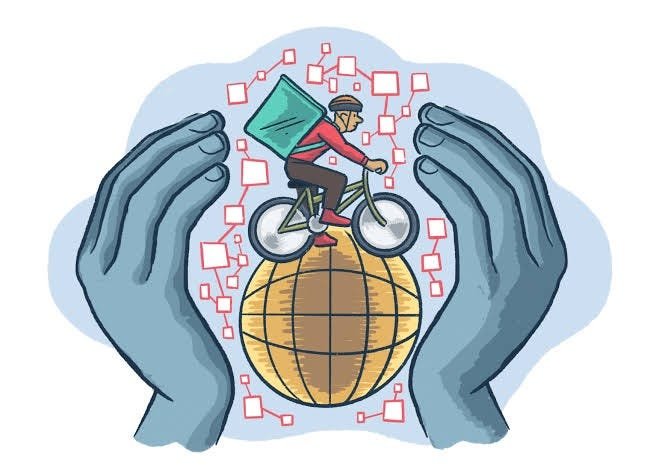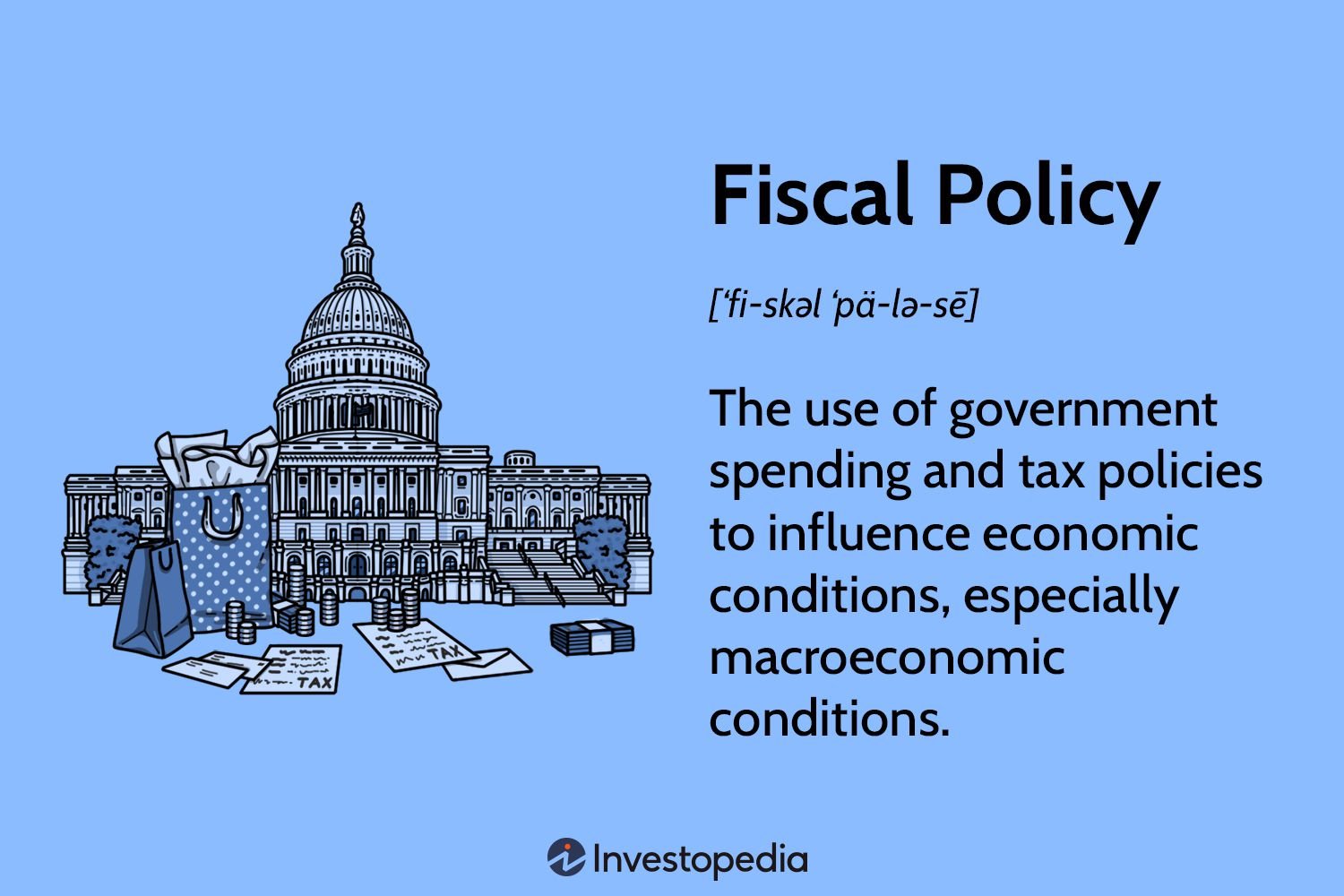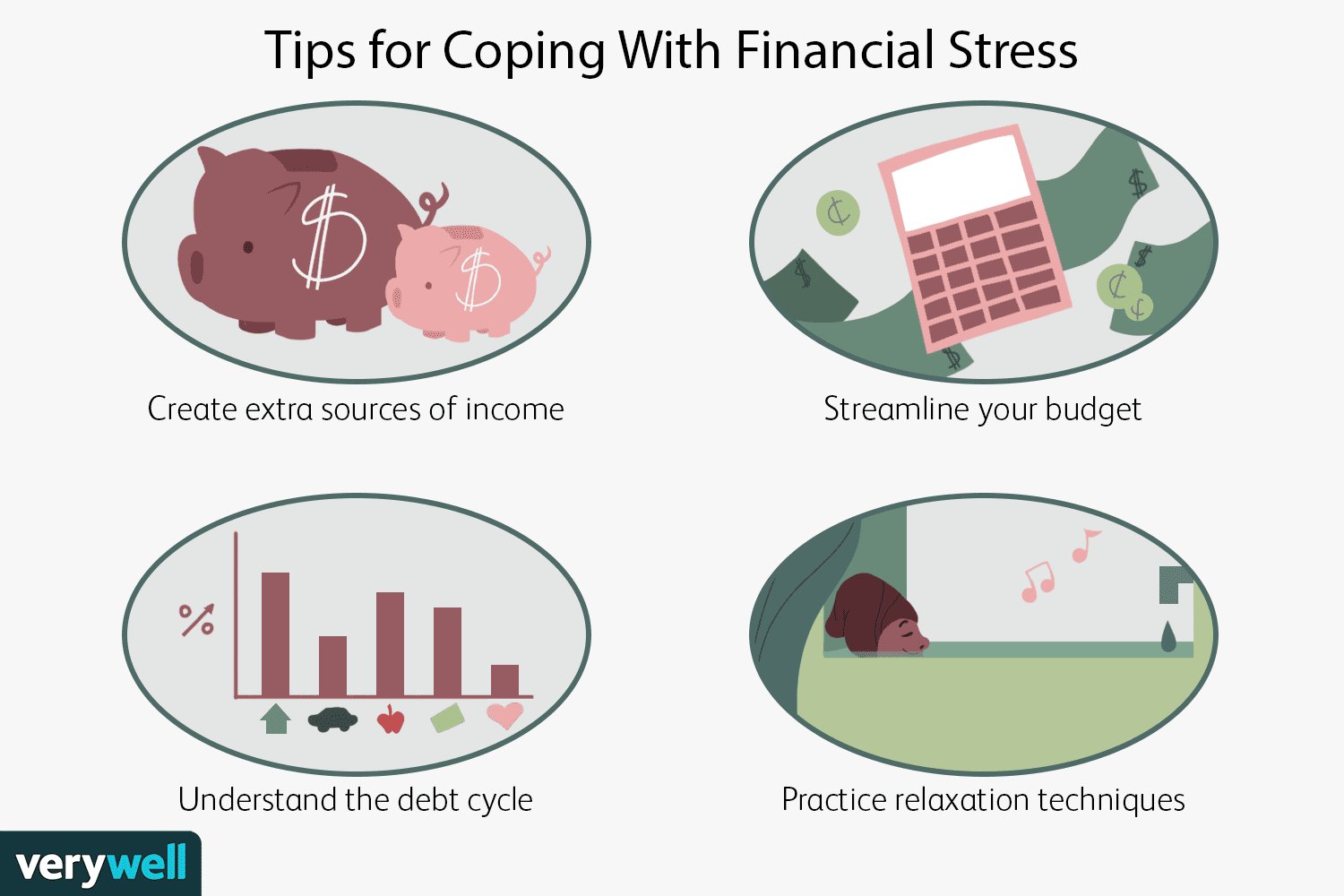In today’s ever-evolving work landscape, the gig economy has become a significant phenomenon with wide-ranging financial implications. Picture this: individuals taking on short-term and flexible jobs, often through online platforms, rather than traditional 9-to-5 employment. This new way of working, the gig economy, has been gaining momentum in recent years, offering both opportunities and challenges for workers and businesses alike. So, what exactly is the gig economy, and what are its financial implications? Let’s dive in and explore this fascinating trend that is reshaping the way we work and earn.
What is the Gig Economy and Its Financial Implications
The gig economy has emerged as a significant force in the modern workforce, revolutionizing the way people work and earn a living. With the rise of digital platforms and technology, individuals now have the opportunity to choose flexible and short-term work arrangements rather than traditional full-time employment. In this article, we will delve into the gig economy, exploring what it entails and examining its financial implications.
The Gig Economy: A Revolution in Work
The gig economy refers to a labor market characterized by the prevalence of short-term, freelance, or independent work. It is a departure from the traditional 9-to-5 employment model, offering individuals the freedom to work on a project-by-project basis, often through online platforms and mobile apps. Gig workers, also known as independent contractors or freelancers, can choose when and how much they work, providing a level of flexibility and autonomy that traditional jobs may not offer.
This shift in work dynamics has been fueled by various factors, including advancements in technology, changing societal norms, and the desire for increased work-life balance. The gig economy encompasses a wide range of industries and job types, including but not limited to:
- Ride-hailing services, such as Uber and Lyft
- Food delivery platforms like DoorDash and Postmates
- Freelancing platforms, such as Upwork and Fiverr
- Short-term rental platforms like Airbnb
- E-commerce and online retail, such as Amazon Flex
Benefits of the Gig Economy
The gig economy offers several advantages for both workers and employers. Let’s explore some of the key benefits:
- Flexibility: Gig work allows individuals to determine their own schedules and work on their own terms. This flexibility is particularly appealing to those seeking to balance personal commitments with earning a living.
- Opportunity for additional income: Many people turn to gig work as a way to supplement their primary income or earn extra money. It provides an avenue for individuals to pursue their passions or utilize their skills to generate additional revenue streams.
- Access to a global talent pool: For companies, the gig economy opens up access to a diverse pool of talent from around the world. This enables organizations to tap into specialized expertise and skills that may not be available locally.
- Cost savings: Businesses can often reduce costs by hiring gig workers, as they do not have to provide traditional employee benefits like healthcare, paid time off, or retirement plans. This can result in significant savings for companies, especially for short-term or project-based work.
Financial Implications of the Gig Economy
While the gig economy offers numerous benefits, it also presents unique financial considerations for both workers and the overall economy. Let’s delve into some of the key financial implications:
1. Income Volatility and Job Insecurity
One of the primary challenges gig workers face is the unpredictable nature of their income. Unlike traditional employment with a fixed salary, gig workers often experience fluctuations in their earnings. Factors such as demand, market conditions, and competition can impact the number of available gigs and the rates they can charge. This income volatility can make budgeting and financial planning more challenging.
Furthermore, gig workers do not enjoy the same level of job security as traditional employees. They are not entitled to benefits like unemployment insurance or severance pay. If demand for their services declines or if they are unable to secure enough gigs, their income can be significantly affected, leading to financial instability.
2. Lack of Benefits and Protections
Gig workers are typically classified as independent contractors, which means they are responsible for their own healthcare, retirement savings, and other benefits. Unlike employees, they do not receive employer-sponsored benefits, such as health insurance, paid time off, or retirement contributions. This places the burden of these expenses solely on the worker, making it essential for gig workers to understand the importance of budgeting for these costs.
Additionally, gig workers often lack the legal protections and rights afforded to traditional employees. They may face challenges in accessing worker’s compensation, protection against discrimination or harassment, and other employment-related benefits. This disparity in protections has sparked debate over labor rights and the need for regulation in the gig economy.
3. Tax and Financial Responsibility
Gig workers are considered self-employed for tax purposes, which means they are responsible for setting aside a portion of their earnings to cover taxes. Unlike traditional employees, who have taxes automatically deducted from their paychecks, gig workers must proactively manage their tax obligations. It is essential for gig workers to understand their tax responsibilities, including filing estimated tax payments and keeping track of deductible business expenses.
Additionally, gig workers are responsible for their own financial planning, including retirement savings. Without employer-sponsored retirement plans like 401(k)s, gig workers must take the initiative to set up and contribute to their individual retirement accounts (IRAs) or explore other retirement savings options.
Addressing the Financial Challenges
Recognizing the financial challenges faced by gig workers, there are several steps both individuals and policymakers can take to mitigate these concerns:
- Financial planning and budgeting: Gig workers should prioritize financial planning, including creating a budget and setting aside funds for taxes, healthcare, and retirement savings.
- Access to benefits: Policymakers can explore options to extend benefits traditionally associated with employment to gig workers. Proposals such as portable benefits or the creation of benefit funds that workers can contribute to and access are being considered in various jurisdictions.
- Upskilling and education: Encouraging gig workers to continuously develop their skills and seek opportunities for career advancement can help increase their earning potential and financial stability.
- Regulation and labor protections: Policymakers can explore opportunities to regulate the gig economy to ensure fair wages, protections against discrimination, and access to benefits. Balancing flexibility for gig workers with necessary protections is a crucial consideration.
In Conclusion
The gig economy has undoubtedly transformed the way people work and earn a living. While it offers flexibility and opportunities for additional income, it also poses financial challenges. Income volatility, lack of benefits, and tax responsibilities are among the key considerations for gig workers. By addressing these challenges through financial planning, policy interventions, and continued dialogue, we can strive to create a more equitable and sustainable gig economy that benefits both workers and businesses.
What is the Gig Economy?
Frequently Asked Questions
Frequently Asked Questions (FAQs)
What is the gig economy and how does it impact finances?
The gig economy refers to a labor market characterized by the prevalence of short-term, freelance, or temporary jobs. It involves individuals working on a flexible basis, often through online platforms, to provide services or complete tasks. The financial implications of the gig economy can vary, but it generally offers opportunities for additional income, flexible work hours, and the ability to explore multiple income streams.
How can individuals benefit financially from participating in the gig economy?
Participating in the gig economy can provide individuals with various financial advantages. They can earn additional income by taking on freelance gigs alongside their regular job. The gig economy also allows for flexibility in work hours, enabling individuals to pursue other personal or professional interests while still earning money. Moreover, gig workers can often set their own rates or negotiate payment terms, potentially earning higher wages than in traditional employment.
What are the potential downsides of engaging in the gig economy from a financial perspective?
While the gig economy offers financial benefits, it also comes with potential downsides. Gig workers are typically responsible for their own taxes, health insurance, retirement savings, and other benefits that would typically be provided by an employer. They may also experience income instability, as gig work does not guarantee a steady paycheck. Furthermore, certain gig platforms may impose fees or commissions that reduce the overall earnings.
How does gig work impact an individual’s ability to save for the future?
Saving for the future can be more challenging in the gig economy due to the irregular and unpredictable nature of income. Without a stable salary, gig workers often struggle to consistently contribute to savings accounts or retirement plans. They may need to develop alternative savings strategies, such as setting aside a percentage of each payment received or exploring self-employed retirement options.
Is participating in the gig economy a viable long-term financial strategy?
Engaging in the gig economy as a long-term financial strategy can vary depending on individual circumstances and goals. Some individuals may find success and satisfaction in building a sustainable gig career, while others may view it as a temporary solution or supplement to their overall financial plan. Evaluating personal financial needs, assessing market demand for desired gig skills, and considering long-term financial goals are crucial in determining the viability of the gig economy as a primary income source.
How can gig workers manage their finances effectively?
Gig workers can manage their finances effectively by adopting several strategies. Keeping detailed records of income and expenses helps with budgeting and tax obligations. Creating a separate bank account for gig earnings can simplify financial management. It is also important to plan for periods of lower income and build an emergency fund to provide a buffer during lean times. Seeking professional guidance from financial advisors can offer valuable insights tailored to individual circumstances.
What are the tax considerations for gig workers?
Tax considerations for gig workers differ from traditional employees as they are typically classified as self-employed. This means they are responsible for reporting and paying their own taxes, often through quarterly estimated tax payments. Keeping track of both income and deductible business expenses is crucial for accurate tax filings. Gig workers may benefit from consulting with a tax professional to understand specific tax obligations and optimize their tax situation.
Are there any financial planning resources available specifically for gig workers?
Yes, several financial planning resources cater to gig workers’ unique financial needs. Online platforms and apps provide tools for budgeting, tracking expenses, and managing invoices. Freelancer associations and communities offer resources, education, and advice on finances within the gig economy. Financial institutions are also developing products and services tailored to gig workers, such as specialized banking solutions and retirement options to accommodate their specific circumstances.
Final Thoughts
The gig economy is a growing trend in which individuals work as independent contractors or freelancers, taking on short-term, project-based jobs. This type of work arrangement has significant financial implications. On one hand, it provides flexibility and opportunities for additional income. On the other hand, gig workers often face irregular income, lack of benefits, and limited job security. They must navigate complex tax issues and plan for their own retirement. Despite these challenges, the gig economy continues to thrive, with many individuals opting for the freedom and autonomy it offers. As the gig economy continues to evolve, it is crucial for policymakers and businesses to address the financial challenges faced by gig workers and establish regulations that provide them with necessary protections and support. The gig economy and its financial implications have far-reaching effects on the workforce and require attention and proactive measures to ensure a fair and sustainable future of work for all.



